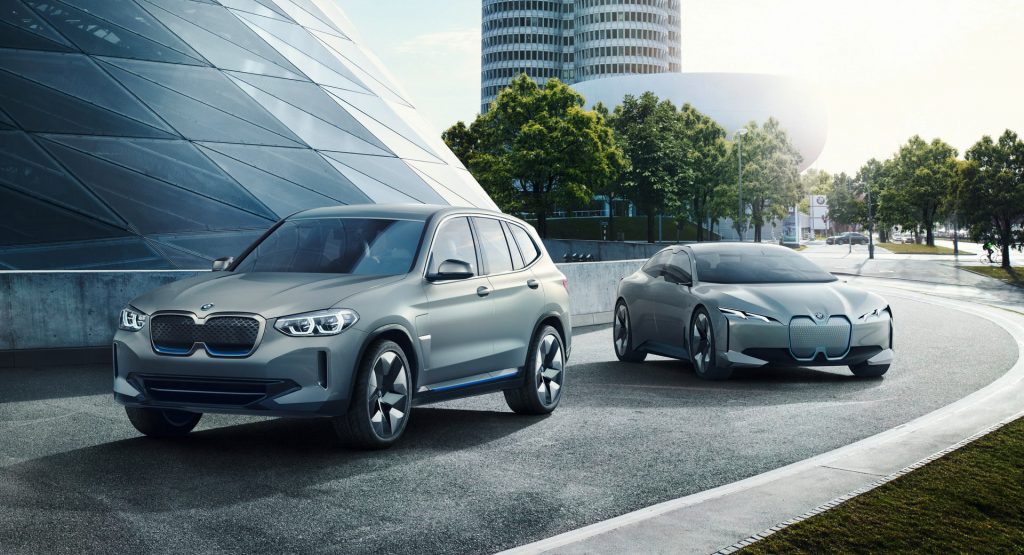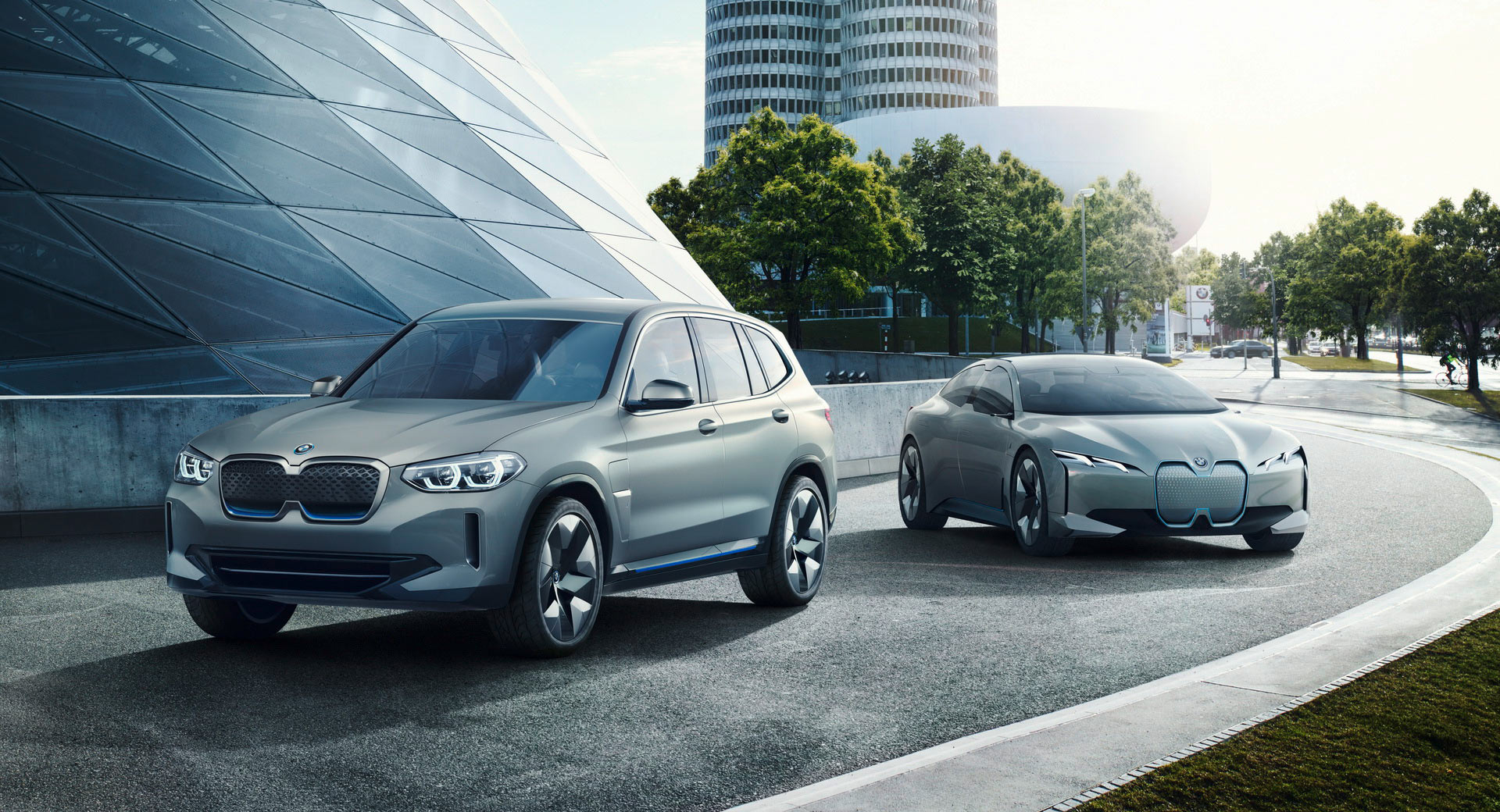Until now, no foreign automaker could build vehicles in China without forming a joint venture with a local company. Even then, they had to get permission if they wanted to expand and could never possess a majority stake.
Well, it looks like things are changing, as BMW and VW are the very first allowed to take control of their Chinese operations.
The two German manufacturers were granted permission when they announced they would invest heavily in their local business, Automotive News reports.
BMW and Brilliance recently announced the expansion of their annual production at their joint venture to 520,000 vehicles in 2019. VW, on the other hand, agreed to establish a new R&D center at its partnership with Jianghuai Automobile in order to accelerate the development of electric vehicles through its Seat brand in China.
China’s State Council reported on its website that BMW will become the first foreign automaker to own “more than 50 percent interest in its local joint venture,” quoting Chinese Premier Li Keqiang in Germany after the deal was signed.
Li also said that VW is in talks with FAW on raising its stake on their joint venture, which is currently a 60-40 partnership between FAW and VW. VW’s other local joint venture with JAC is a 50-50 partnership.
“It would be OK if you want to hold more interest, [as] China is advancing a new round of opening to foreign investments including lifting the limits on foreign ownership in the auto industry,” Li was quoted as saying to VW executives by the State Council’s website.
In the wake of U.S. President Trump’s trade war threats, the Chinese government plans to phase out the 50 percent cap on foreign ownership of local joint ventures. Tesla has already announced a new production facility in Lingang, near Shanghai, that will be fully owned by the Palo Alto-based EV maker – a first for the country.











